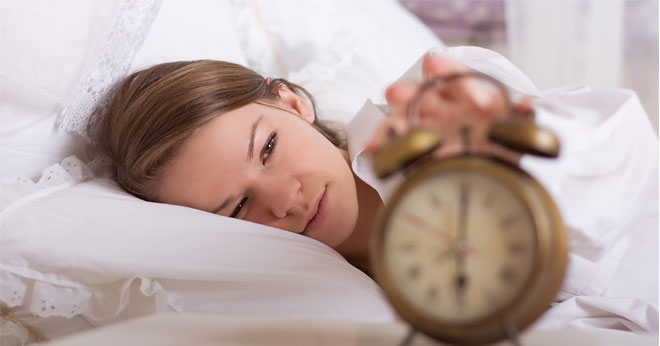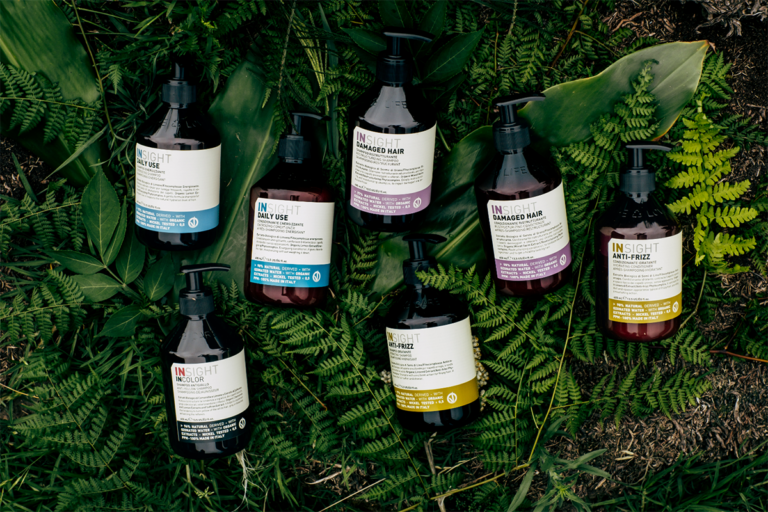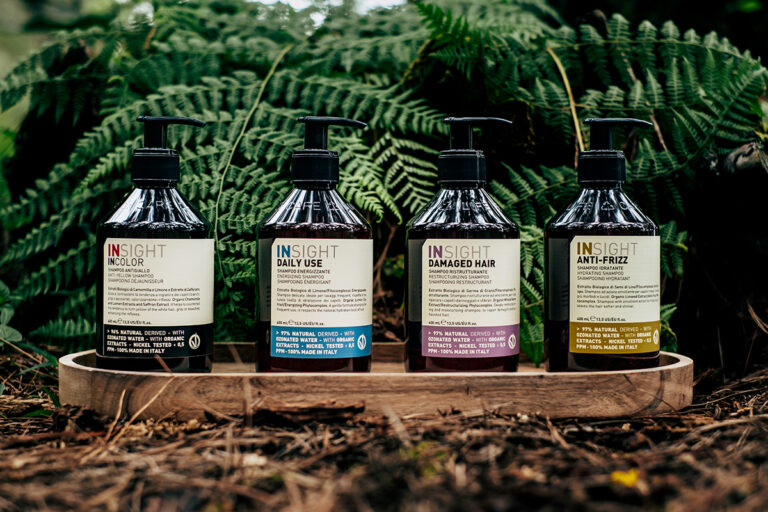Beauty sleep isn’t just an old wives’ tale: the amount and quality of sleep we get has an immediate and direct effect on our appearance, and much of this has to do with the connection between sleep and our skin.
When we sleep, our bodies restore and replenish themselves at a cellular level. In respect of skin, this has a particular impact on the production of the protein collagen which is the ‘scaffolding’ of our skin and works to maintain its firmness, holding it up so it doesn’t wrinkle and sag: collagen protects against UV damage and bacterial infection, seals in moisture, improves elasticity, and preserves the youthful, healthy appearance of skin. The formation of collagen is dependent on a sequence of biochemical events that take place during sleep, and insufficient sleep disrupts the delicate balance by triggering the release of excess ‘stress’ hormones (especially cortisol) which in turn negatively affects nearly every tissue in the body, breaks down skin cells, and accelerates the ageing process. During deep sleep, levels of adrenalin and corticosteroids drop and your body is able to produce the necessary growth hormones to facilitate repair processes in your skin cells.
Also, while you’re asleep, the outermost layer of your skin – the stratum corneum – is able to recover from the daily damage it endures from sunlight, pollution, and other lifestyle stresses. This is important because the stratum corneum is the barrier that helps lock in moisture at the same time as preventing foreign micro-organisms from penetrating; not getting enough sleep can lead to dehydration, making fine lines and wrinkles more noticeable and causing blood vessels to dilate and create those tell-tale dark circles under your eyes. A compromised skin barrier can also lead to inflammatory skin conditions like atopic dermatitis, eczema, psoriasis, and acne.
Your nervous system has two states: the sympathetic system keeps the blood flow near the core of your body while you’re awake, and the parasympathetic system shifts blood flow to the skin during sleep, resulting in more efficient circulation which in turn encourages the draining of excess fluid and toxins. If you’re not getting enough sleep, this can’t happen as it should. Also, of course, prolonged sleep deprivation leads to stress which can cause the capillaries to tighten up, affecting the flow of nutrients to the skin and scalp and causing your hair and face to lose their healthy glow.
Taking a short nap (between fifteen and thirty minutes) during the day can help: once your body relaxes to the first stage of sleep, cells begin the crucial regeneration process. Your sleeping position affects your complexion – sleeping on your stomach or side presses your face into the pillow, creating fine lines and creases and making your skin look ‘saggy’. If you can’t get used to sleeping on your back, consider using silk or satin pillowcases which are kinder on your skin. Keeping your head raised well above your body helps prevent the fluid accumulation that causes puffy eyes, and maintaining a cool temperature in your bedroom with adequate airflow also benefits your skin. Some studies show that too much sleep can be as detrimental to your skin as too little – oversleeping can actually increase cell breakdown.
The good news is that skin recovers quickly, and getting your sleep routine back on track should mean that you’ll soon see the difference in your skin.
Other articles you may be interested in:
Sleepless in South Africa
How can I make my sleepy eyes look brighter?
Regular health check up’s you’ve got to have
Anti-ageing recipes
Glow with health





8 Responses
Amazing how much impact sleep can have. I love my 8 hours a night
Wow I think I tend to over sleep. I am trying though to sleep less.
Wow who knew so many things happening once we’re asleep. Quite fascinating.
Very interesting and truthful article, I think that everyone can relate and be honest and say that we all feel better and look best when we have had a good nights rest. I hate going to bed late
Thanks a lot for this…. I’m lucky enough to get my 8+ hours of sleep every night…but the getting a silk or satin pillow case advice is great for me… I can’t sleep on my back as it makes my neck stiff.
Very informative article. Just wish I could get more sleep with my restless 2 year old at night.
Fantastic article thank you; the detail of info is really welcome
What an interesting article. It felt like a crash course in the biology of the skin. Thank you :) I definitely learnt something there.